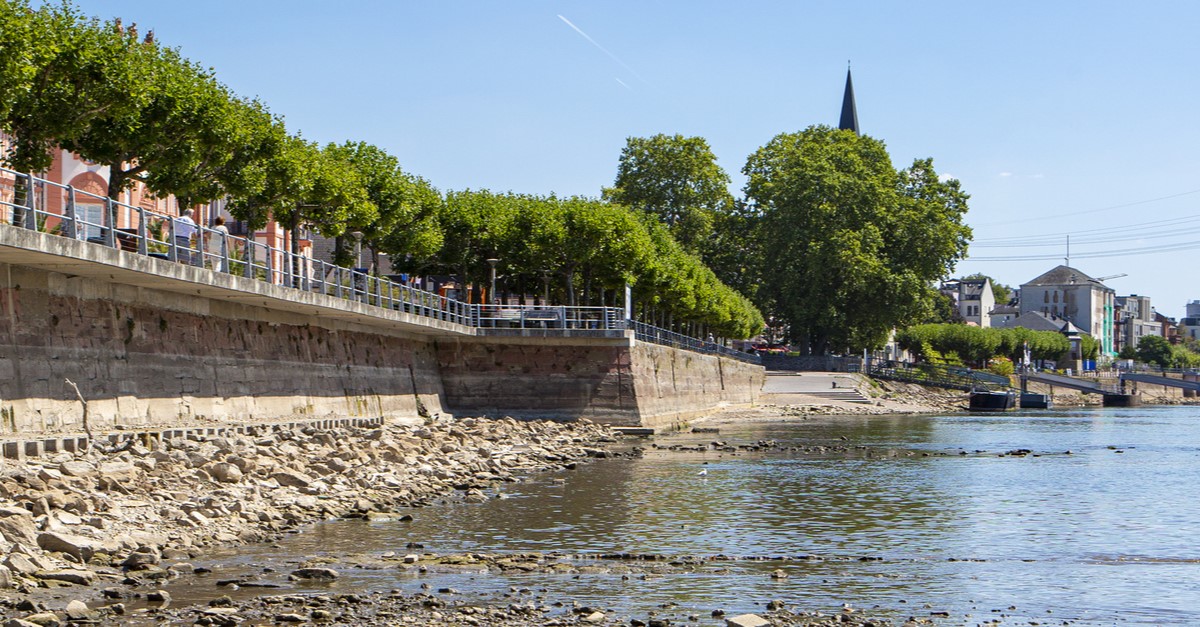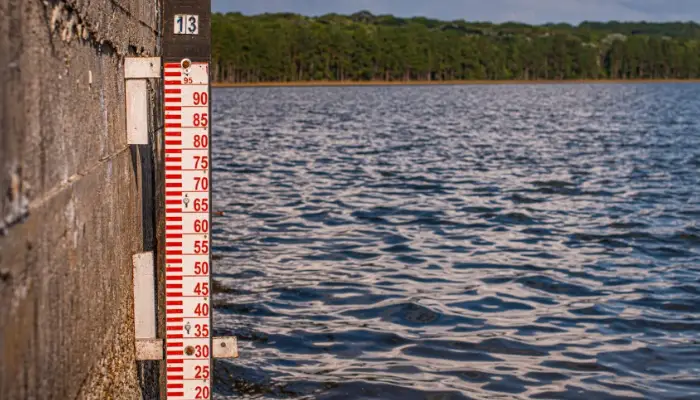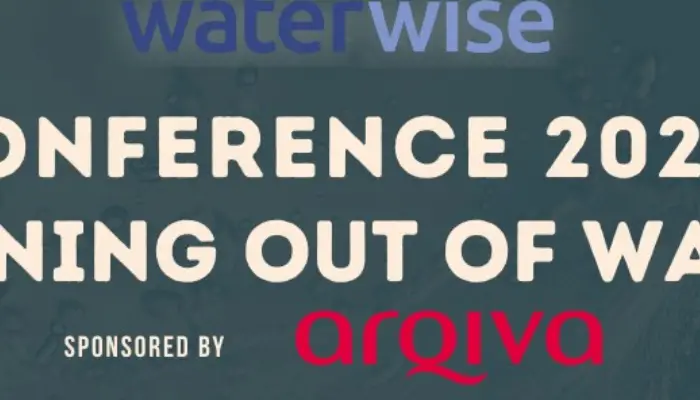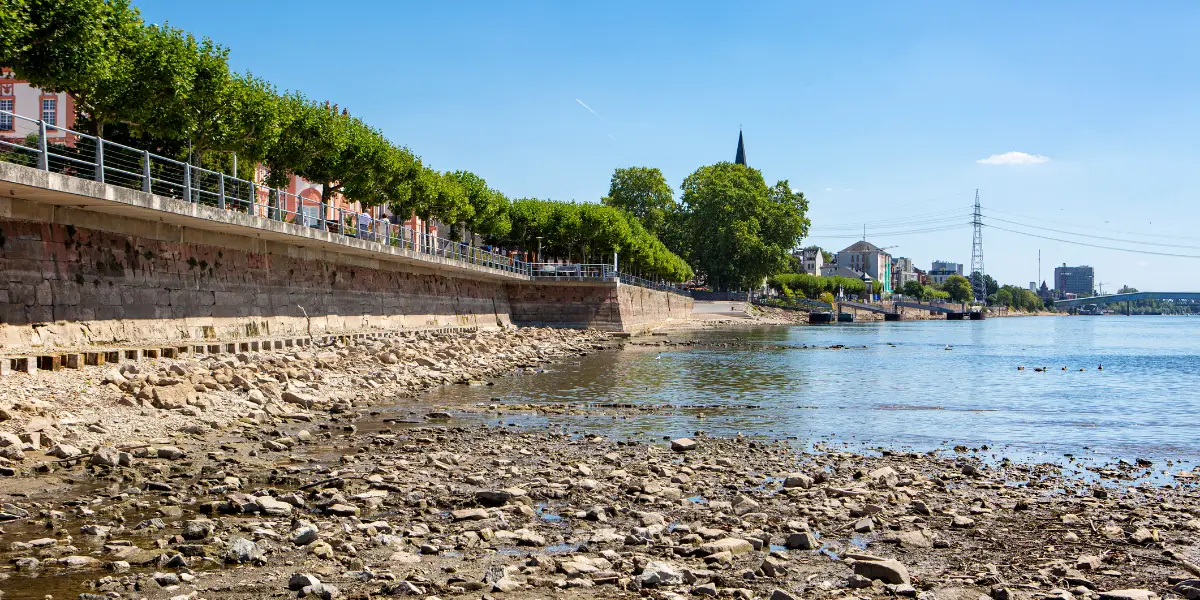Arqiva CEO, Shuja Khan, opens the Waterwise Conference 2024
It is fantastic to be here again for the Waterwise conference.
And it has been another great year for the UK’s leading independent voice for using water wisely.
I want to congratulate Tania [Flasck, Chair], Nicci [Russell, CEO] and the whole team for all you’ve achieved over the last 12 months.
You’ve worked with your colleagues down under at The Water Conservancy in Australia to bring their annual Water Night to the UK for the very first time, helping promote water awareness.
Your Water Saving Week and Dry July campaigns reached millions of people, highlighting the small changes we can make to help save water.
And you have once again brought us all together this week to reflect on the challenges the sector faces and the opportunity we all have to help overcome them.
 The theme of this year’s conference is about the future.
The theme of this year’s conference is about the future.
‘Living with less: planning for a water-scarce future.’
We all know what lies ahead if we don’t act.
The population is growing – so demand is going up.
And the effects of climate change mean supply is becoming scarcer and more sporadic.
It’s not just the fact that there are more of us.
The trend of the last few decades has been that we are all using more and more water.
In fact, personal household water consumption has increased by 60% since the 1960s.
Back then, many homes still had a single outdoor lavatory and a tin bath.
We can argue whether washing machines, dishwashers and showers are luxuries or necessities. The fact is, they are here to stay.
So, it is not surprising that, as a country, we use twice as much water than back in the ‘60s.
Every day, over 3 billion litres of clean, treated drinking water is lost through leaks before it ever has the chance to come out of a tap.
Another statistic: today, 17% of our household energy consumption is from hot water.
Between 5 and 6% of the UK’s total greenhouse gas emissions come from water use.
90% of that is from use in homes and businesses.
And still, for me, the killer stat.
The one that defines the scale of the challenge we face – but also shows the huge potential we have to improve:
Every day, over 3 billion litres of clean, treated drinking water is lost through leaks before it ever has the chance to come out of a tap.
To give a sense of scale, that equates to more water being lost than the countries of Ireland and Iceland use in total between them.
So, to sum up – demand is increasing, supply is finite, clean water is energy intensive and every day we are wasting billions of litres of it.
It’s a big problem today and it’s not getting any easier. How do we tackle it?
I want to set out three principles that I think are key to doing this.
I call them the three Cs: Collaboration, Consistency and Commitment.
First, it is about working together to ensure the best outcomes – collaboration.
The domestic water sector is really unusual – a market of independent sole providers each with its own patch.
That means that the key players are not in direct competition – so collaboration should be easier.
In some cases, this is happening, for example when the industry published its Net Zero 2030 Roadmap and its Leakage Roadmap to 2050, and there are positive industry initiatives such as Stream, the open data platform. And, of course, Waterwise has also been playing its part with its excellent Water Efficiency Strategy to 2030 report produced with input from over 100 organisations.
However, given the size and scale of the problem we are facing with water scarcity, the question is – are we doing enough to solve the problem together?
By sharing experiences and data, pooling resources, forging alliances within and across the sector, bringing in best practice from outside the industry and pushing each other to drive-up standards.
Data is the key to success in this century. From AI to machine learning, the big advances are going to come from smarter use of data.
Is all this just Ofwat’s job, or can we all play a part?
I think it is in all of our interests to do so.
So, collaboration means doing together what it would be impossible for each of us to do alone.
And to share experiences and outlooks successfully, we have to be speaking a common language.
That’s my second C – consistency.
Data is the key to success in this century. From AI to machine learning, the big advances are going to come from smarter use of data.
Because if you can’t measure it, you don’t know what the real issue is and you certainly can’t change it.
We need to change it….and rapidly.
The data we have must be consistent and reliable to deliver the policy outcomes we want, from cutting leaks and driving down consumption, to reducing the environmental impact of the sector.
We don’t have that consistency right now.
For example, in smart water metering there is no common standard to ensure a comparable frequency of reads or acceptable levels for devices returning data.
That means that water companies each ask for different things when procuring a solution, producing widely different data sets.
We can and should standardise the information we compile, make the right investment and technology choices so it is as comprehensive as possible, and ensure that data is at the heart of the transformation we want within the sector.
I see that work brilliantly in the broadcasting sector, where Arqiva also has a big presence.
For years, audience numbers have been centrally compiled and published independently by an organisation called Barb.
We all know where to go for that data. It is a universally trusted source. And it allows the whole industry to benchmark success.
I notice the absence of that in the water sector – and I think now is the time to consider how we fill the gap.
So, consistency means making sure across that the sector, we are speaking a common language to meet common challenges.
Doing all of this will require in spades my third C – commitment.
Get this right, and the sector will be set up for success.
Get it wrong, and we’ll miss a golden opportunity to build a better water system for the next generation.
The UK has set itself some challenging targets.
Net zero carbon by 2050.
Water leakage down 20% by 2027, 30% by 2032 and 50% by 2050.
Per capita water consumption cut from 145 litres per day to 122 litres by 2038 and 110 litres by 2050.
Getting there will take hard work and a clear determination to deliver on the outcomes. We will face challenges and it will be difficult – you can see this in other sectors like the car industry, energy and many others.
Is everyone in the industry clear about which outcomes or targets are non-negotiable?
I’m hopeful that some of this will be clarified in the next Price Review period, so the industry can get it’s head down and go for it.
So, commitment means everyone being fully joined up so that the targets government sets are always reinforced by the right regulatory decisions.
And of course, the industry must be resourced and incentivised to deliver on the targets that DEFRA has set.
Get this right, and the sector will be set up for success.
Get it wrong, and we’ll miss a golden opportunity to build a better water system for the next generation.
They are the ones who will have to live in a more water scarce world.
They won’t thank us if we fail to take the right decisions now.
That means planning for the future. By collaborating better. By bringing consistency to how we measure what matters. And by all of us committing to play our part.
And – crucially – it also means acting for it today.
That is Waterwise’s noble cause.
It is one Arqiva is proud to support.
ENDS.
Views

The indisputable benefits of smart water metering

Bringing a Flexible Approach to Smart Water Networks at scale

Moving water into the digital age
